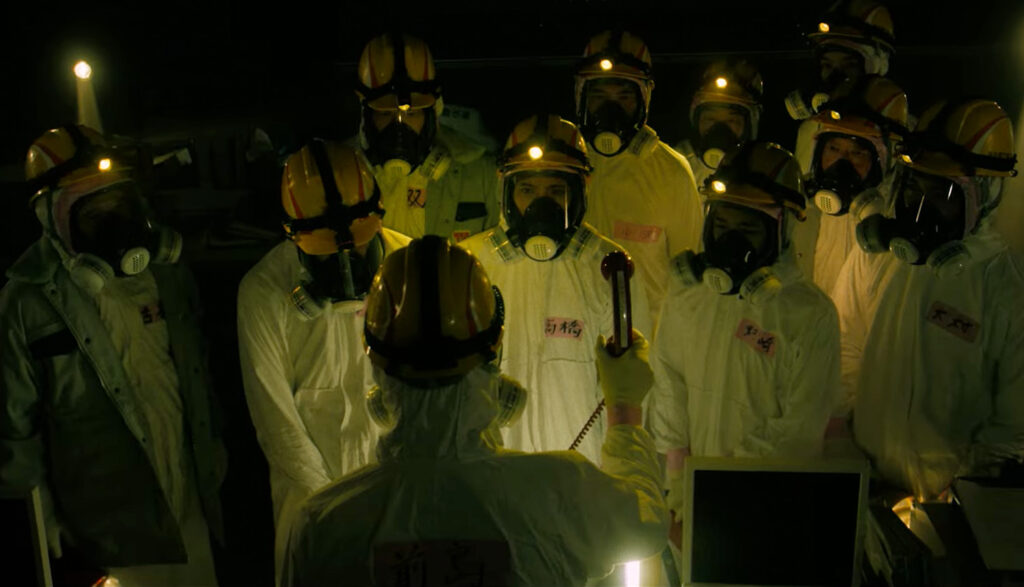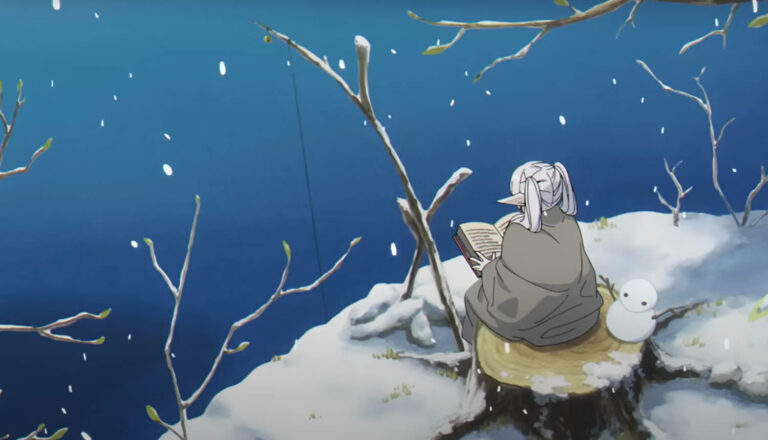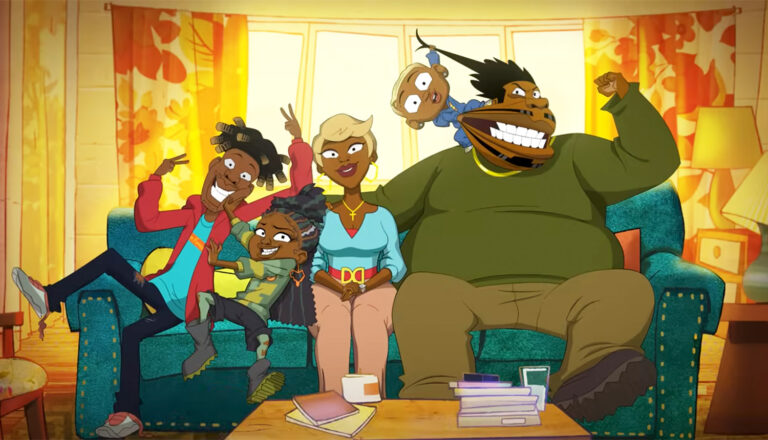
On March 11, 2011, Japan’s Fukushima Daiichi Nuclear Power Plant was rocked by the largest earthquake the country had ever seen, causing the plant’s reactors to automatically start their shut-down procedure. But then a tsunami smashed into the power plant: The generators meant to cool the remaining decay heat were disabled, causing three reactors to melt down.
How serious was the incident? It was identified as a Level 7 accident, the highest rating possible on the International Nuclear Event Scale—and a rating it shares only with Chernobyl.
For many, many days, Japanese officials and representatives of electric utility holding company TEPCO sought ways to mitigate the disaster, realizing that it could quickly devolve into such a catastrophic event that leaders considered evacuating Tokyo itself (over 117,000 people were evacuated from surrounding regions). They were days of uncertainty, and they were days of fear. And as Japan still struggles with the cleanup, those days still feel fresh for many.
“What is the meaning of those days?” asks (the dramatized version of) Masao Yoshida, the power station manager for the power plant. “Did we make a mistake somewhere along the way? Or was it just some sort of destiny we couldn’t avoid?”
The Days tells us the story of the harrowing week or so after the Fukushima disaster, during which government officials and employees alike struggled to minimize the damage. The series itself is based on the extensive writings of a couple prominent sources on the topic—and though the series has been dramatized, it simultaneously dumps a plethora of facts upon the viewer.
But while the disaster could have been dramatized further for the viewer’s sake, the series is generally restrained in its depictions of injured or killed workers fighting to diffuse the situation. Two people drown while trying to escape the power plant, but it isn’t sensationalized. Two others nearly drown in a long scene that’s difficult to watch, but they survive.
In terms of other content, viewers may want to note that one episode briefly show’s a man’s rear as he is sent to a radiation shower.
Otherwise, despite explosions and an always-tense feeling, the series provides an interesting look into Fukushima’s unique stresses and dangers. And it does it without compromising the truth of what happened in the event itself.
After the Tōhoku earthquake causes an evacuation of the Fukushima Daiichi Nuclear Power Plant, the remaining crew must deal with malfunctioning systems—all while a tsunami quickly approaches.
Two men are tossed around by rushing water, and we see one hit his head. Both die in the flood. Two other men become stuck when the tsunami hits, and we see them struggle against rising waters in a difficult scene. (The two survive when the water begins to recede.) We also see a dead cow. An earthquake causes people to fall to the ground, and one woman is seen with blood on her pant leg. A tsunami smashes through the nuclear station.
God’s name is used in vain once.


Kennedy Unthank studied journalism at the University of Missouri. He knew he wanted to write for a living when he won a contest for “best fantasy story” while in the 4th grade. What he didn’t know at the time, however, was that he was the only person to submit a story. Regardless, the seed was planted. Kennedy collects and plays board games in his free time, and he loves to talk about biblical apologetics. He thinks the ending of Lost “wasn’t that bad.”

An elf mage contemplates on connection and regret as she watches her human friends grow old and pass away.

Netflix takes a classic sitcom, Good Times, and turns it into a vulgar, violent, sexually-charged TV-MA show.